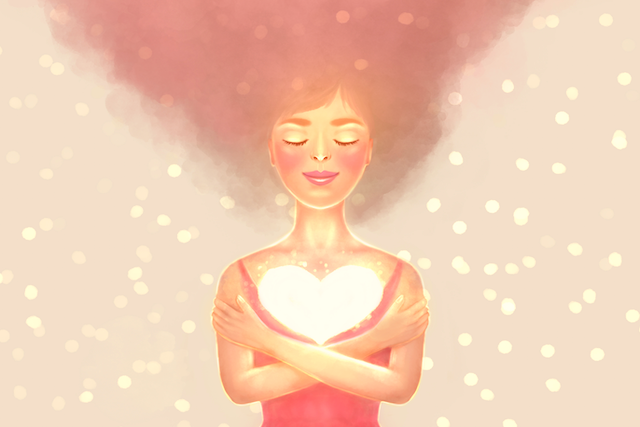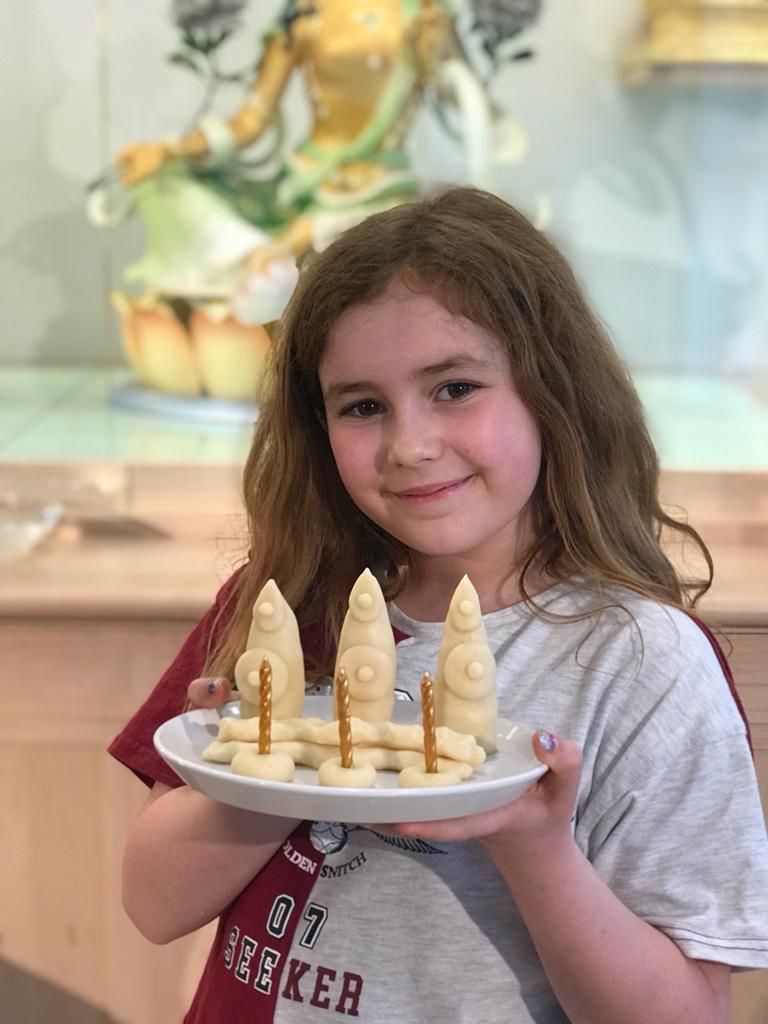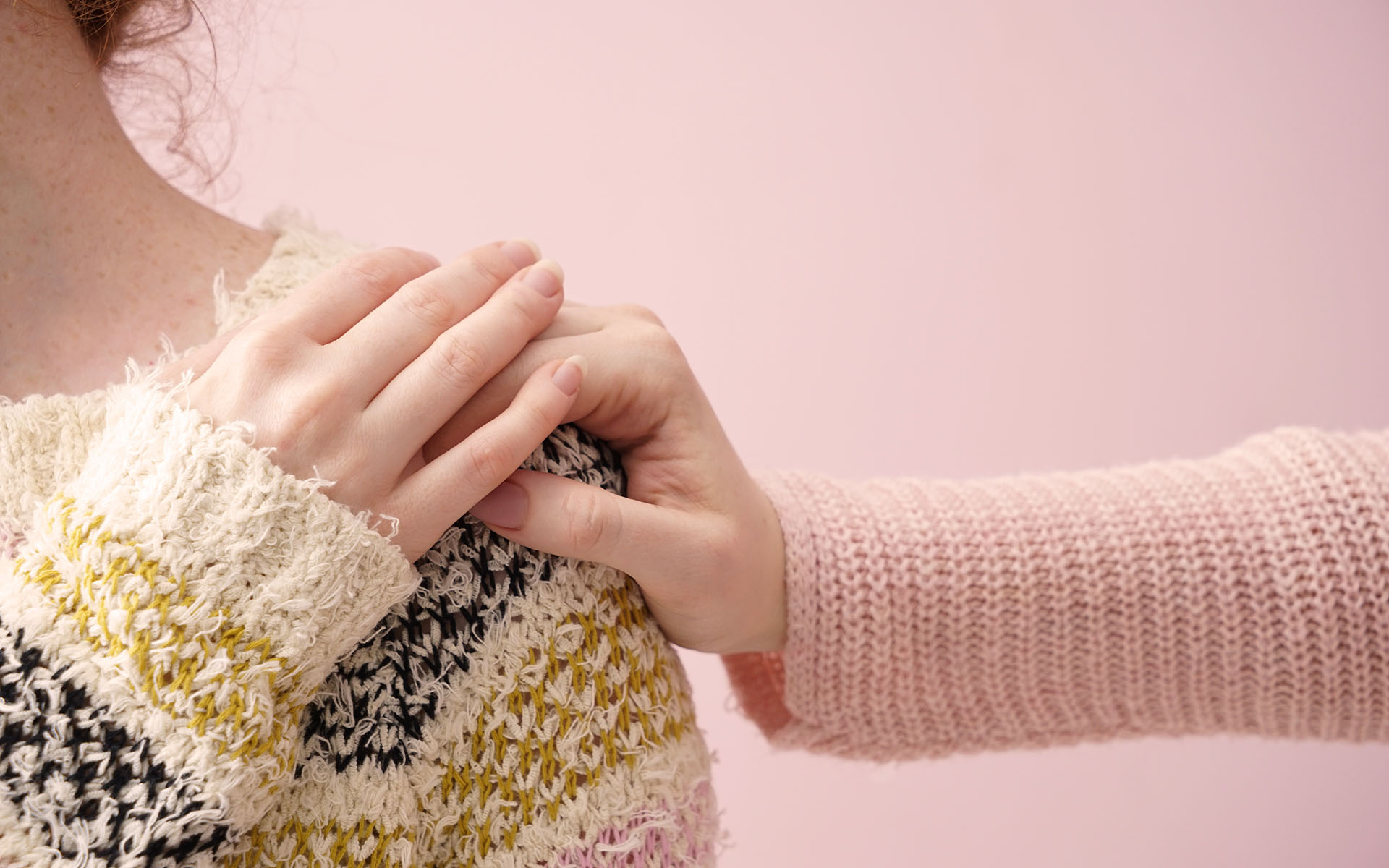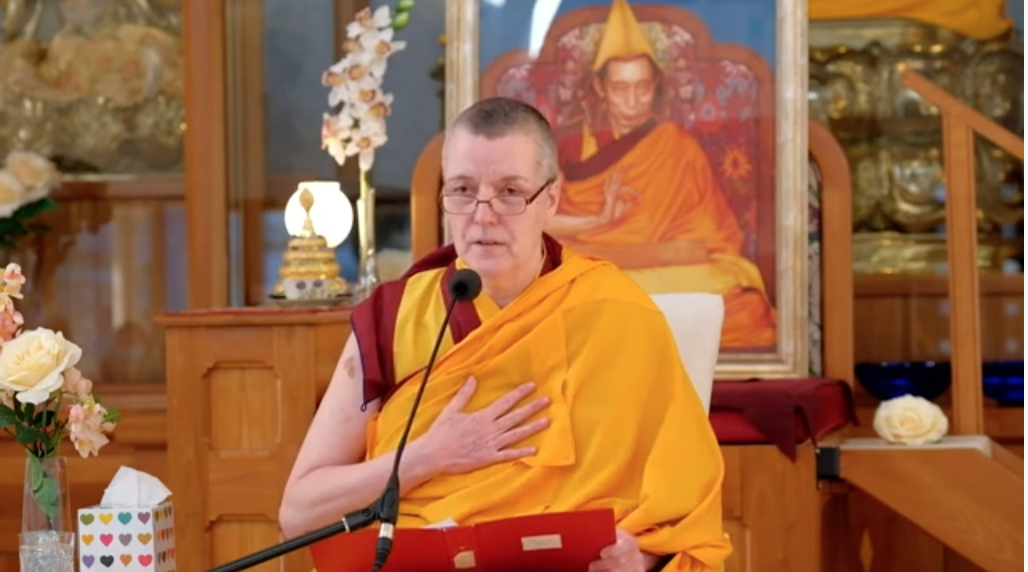Ben Okri on How ‘Art Helps Us Unify’
In a recent episode of Tricycle Talks, the novelist discusses when and how art is most powerful. The post Ben Okri on How ‘Art Helps Us Unify’ appeared first on Tricycle: The Buddhist Review.
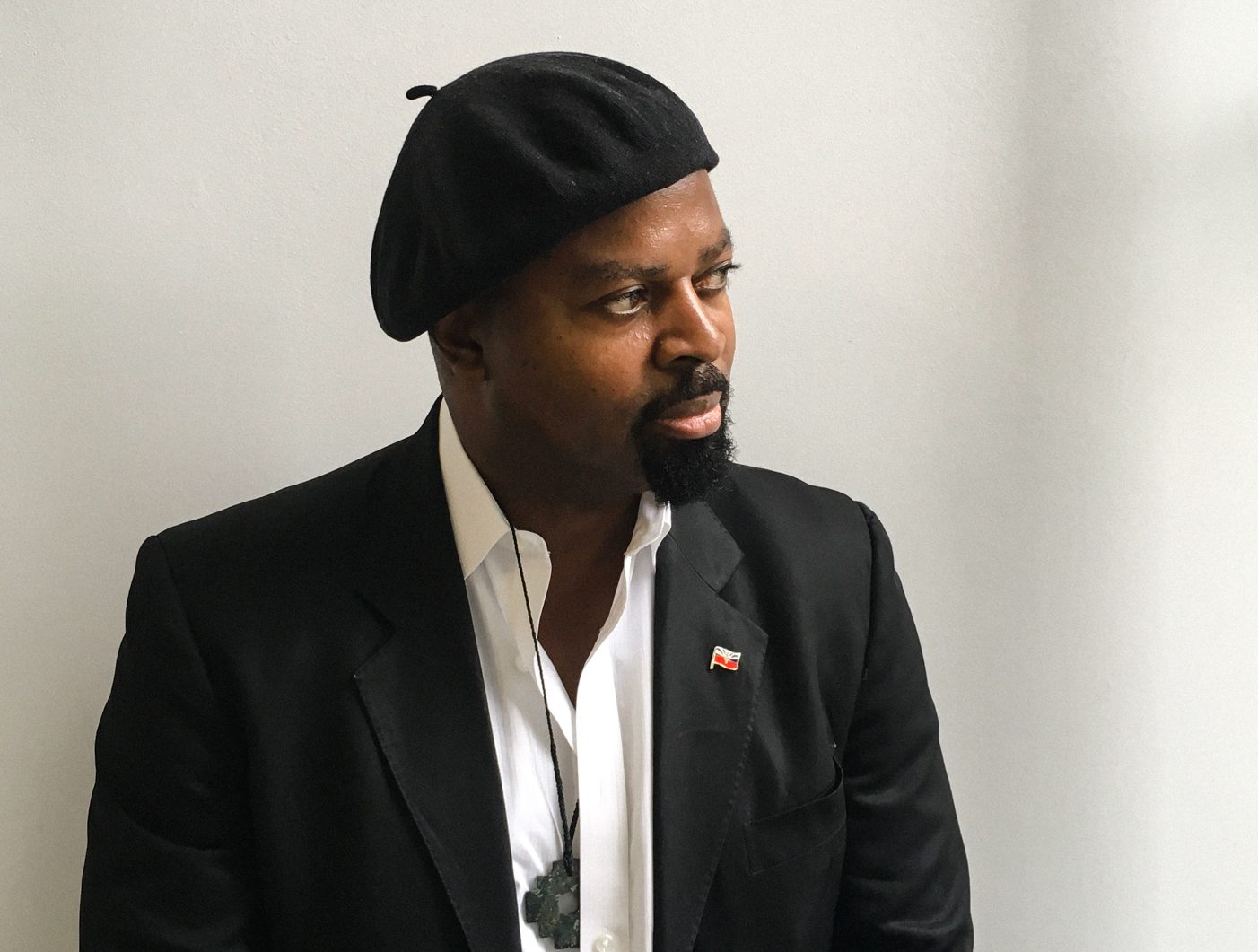
In a recent episode of Tricycle Talks, the novelist discusses when and how art is most powerful.
With Ben Okri Nov 15, 2022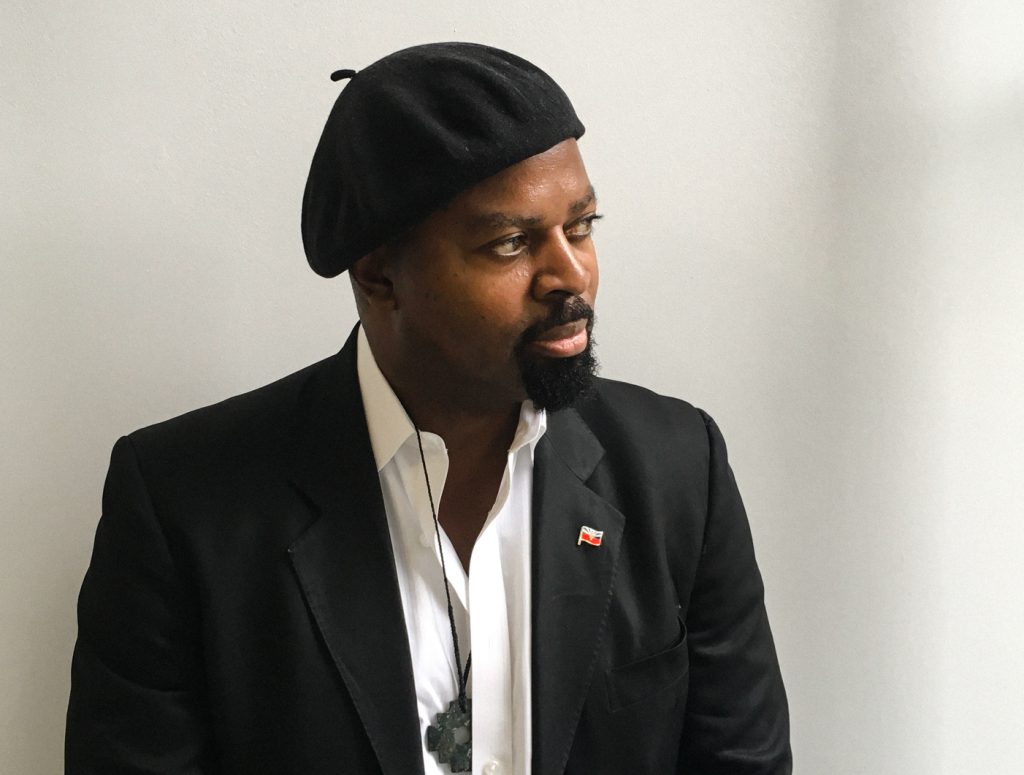 Ben Okri | Photo © Mat Bray
Ben Okri | Photo © Mat BrayNovelist Ben Okri has long been fascinated by what he calls “cusp moments,” or the periods that immediately precede catastrophe. As a child, he moved back to Nigeria with his family just before civil war broke out, and ever since, he has sought to understand how we can turn toward difficult truths that we refuse to see. In 2007, he published a novel, Starbook, that explored a mythical African society just before the Atlantic slave trade began. But following the book’s release, he felt that the book’s political dimension was lost on readers. Over the course of seven years, Okri rewrote the book to adapt its tone to address our current social and political crises. The result is The Last Gift of the Master Artists, a mythical novel that examines a culture’s unraveling—and its attempts at healing.
In a recent episode of Tricycle Talks, Tricycle’s editor-in-chief, James Shaheen, spoke with Okri about how writing can help us reckon with difficult truths, how Buddhist teachings have helped him turn inward, and why he believes that art is most powerful when it brings us to a point of crisis. Read excerpts from their conversation below, then listen to the full episode.
***
In your new novel, individuals are tasked with creating the art of their own healing. Can you share more about what this looks like? How can art support us in healing? If I could contribute in any way to a practice in any culture, it would be to add this element to our lives: that everybody in some way be an artist. Being tasked with the art of your own healing is actually being tasked with art of your own self-discovery and your own self-alignment. It’s not solving the equation of who you are, but it’s finding that which can help the divided parts in you function together and be as one. It may be one of the most difficult things, one of the most necessary things. We have too much division. We’re torn in too many directions. We’re confused by too many things: dreams, memories, desires.
This dividedness that we have inside us leads to the chaos of our lives that T. S. Eliot drew attention to when he talked about being distracted by distraction from distraction. Art helps us unify. It’s a miraculous thing that it does because it doesn’t work through the conscious mind. It doesn’t work through conscious reason. It works with reason, it works with instinct, and it works with a sense of harmony that you have inside you. It brings together your history, your memory, your failings, your faults, your traumas. It works with the good, the bad, the evil, the mean, the wonderful, magical. It works with all of these things, and it externalizes them. It gives us a chance to make visible our angels and our demons, and in doing that, it helps to heal us. It opens us. It frees us. Using a phrase from Franz Kafka, it cracks the frozen stream inside us so that what is best in us can flow again and not be fixed.
In your conversation with Ruth Ozeki at Tricycle’s Buddhism and Ecology Summit, you said that art is most powerful when it brings us to a profound crisis. How does this guide your work? We always need to be brought to a crisis because we’re always not facing stuff. Unless we have collectively reached nirvana, we have an accumulation of unfaced truths, unfaced injustices. As Ruth said, we’re constantly in this world of illusions. And we therefore constantly need to be brought to a crisis whereby we are compelled to confront this condition that we’re in that we don’t want to look at. We need to be brought to a point where when we go on a walk, or when we find ourselves in our lives or deep in our sleep or whatever it is, we’re brought to a question that we can no longer avoid or escape, and we have to deal with it. In other words, we’re brought to the edge of where we can start to begin to liberate ourselves. I think if art can do that, it will do one of the most wonderful things that can be done.
We’re on a spiritual journey with others. A spiritual practice should overflow into the world.
You’ve said that writing is the closest thing to spiritual practice for people who have no spiritual practice. How is it for you? Is writing a religious or spiritual practice? Writing, for me, is many things. It’s a quest for truth, a political tool, a spiritual practice, a weapon of activism. I come from a place in Nigeria where there is much suffering and injustice, where our politicians don’t care about the people as much as they should. And I think writing has a social responsibility there to draw attention to what’s wrong and what can be done. It has a political dimension. I can’t escape that. I can’t get away from that any more than I can get away from the suffering that I see. The minute it hits my consciousness and I’m lucky enough to be gifted with inspiration to respond to it in some way, I have to.
But for me, the spiritual practice side is the core of it because the act of writing is an inward act. You can’t write from your outwardness, not even when you’re writing the most outward things, like blockbusters and bodice rippers. Just the act of sitting down and looking at the human story and trying to show something of the choices that people make and how their lives are shaped by those choices is on the very edge of a spiritual practice. And for me, writing helps me go inward in order to look more profoundly not only inwardly but at the world in which I find myself.
I have to stress that writing is not a substitute for meditation or for true spiritual practice. That practice has to be done with oneself alone, not with a pen or a typewriter or anything. One has to make that journey to one’s inner kingdom. A spiritual practice is its own very particular thing. But it informs everything that you do if you let it. I think we’re richer and fuller in all the things that we do if we are informed by an authentic spiritual practice that has the integrity of truth—the truth of wanting to face oneself and the world.
There are so many spiritual practices that contribute to people denying the world and not wanting to face the world because they think that their spiritual practice is replete and that if they’re at peace, they don’t need to face anything else. They cannot deal with what’s going on around them. Full spiritual practice is about one’s repleteness, but it’s also about the repleteness of everybody else. It’s a mutual thing. We’re on a spiritual journey with others. A spiritual practice should overflow into the world and help us to transcend illusion and journey toward enlightenment and truth.
![]()
Thank you for subscribing to Tricycle! As a nonprofit, we depend on readers like you to keep Buddhist teachings and practices widely available.
This article is only for Subscribers!
Subscribe now to read this article and get immediate access to everything else.
Already a subscriber? Log in.

 JaneWalter
JaneWalter 








